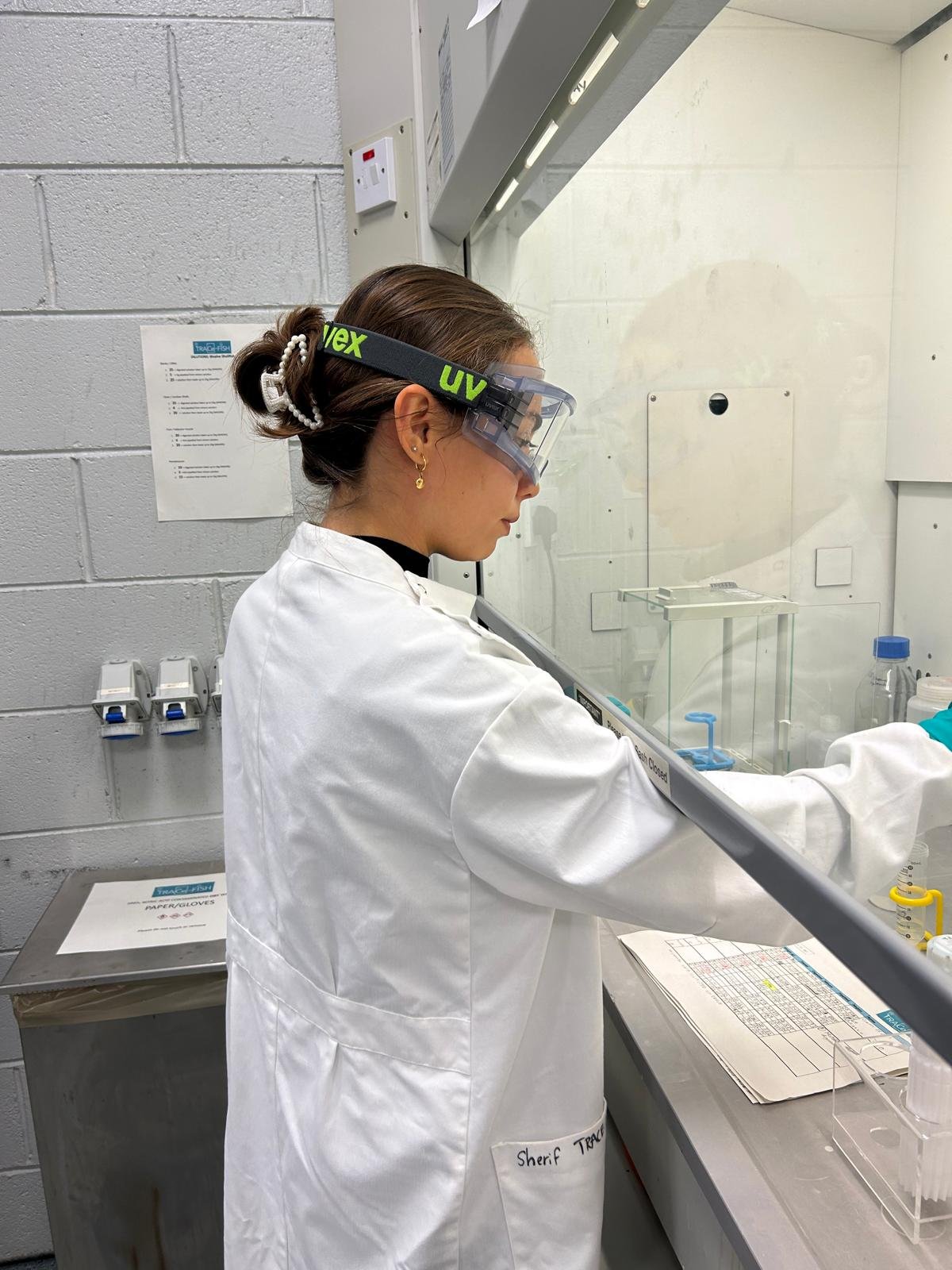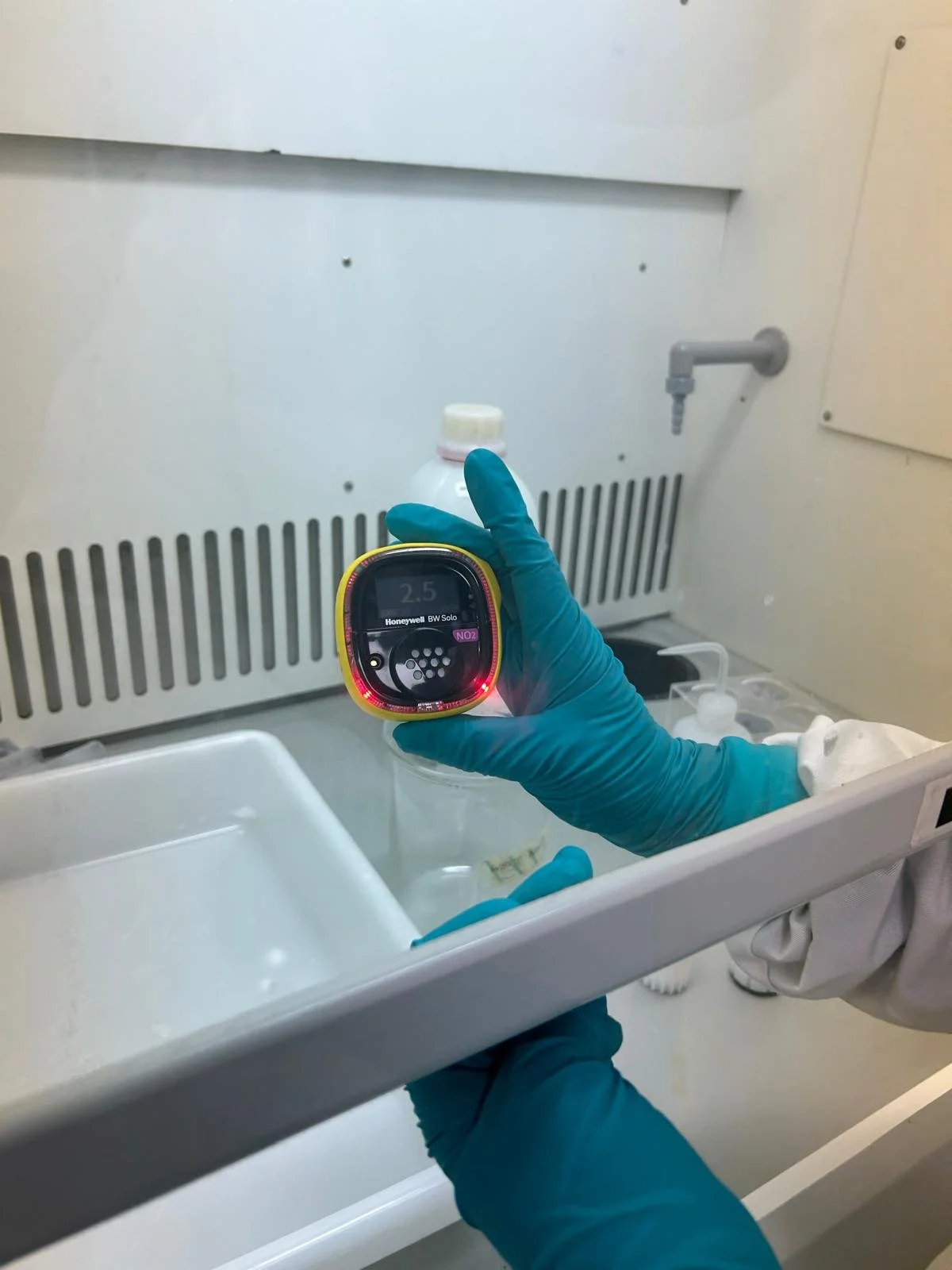
News & Updates
03/12/24
ASSG (Association of Scottish Shellfish Growers) Conference 2024: I was delighted to have attended the ASSG Conference in Oban, Scotland from 29-30th of October. The conference focussed on bivalve shellfish and explored a diverse range of broader themes withing the industry. These included exploring new farming technologies, perspectives from the Chilean mussel industry and presentations on the future of shellfish aquaculture. The conference was followed by a workshop hosted by The Roslin Institute (University of Edinburgh) specifically designed for early career scientists and students titled ‘Challenges in the Shellfish Industry.’ This workshop explored emerging trends and issues in the shellfish industry, discussions on how to address these issues and how to bridge the gap between science and industry practices. A highlight for me was gaining broader perspectives and insights into the current state of the bivalve shellfish industry directly from producers. This is particularly significant in developing my research, as it is important to understand the processes and challenges faced by industry to develop a functioning and resilient traceability tool. It was also great to share my research, the interest and excitement with which it was met was exceptionally motivating!
29/08/2024
Meet our intern: Pedro Peixe e Sousa
After completing a masters focussed on genetic diversity in Atlantic salmon across Europe, Pedro joined the TRACE-FISH team as an ERASMUS intern from January to April 2024. During his time on the TRACE-FISH project, Pedro undertook field work which included collecting mussels and oysters from various farms across Ireland. He also assisted with the processing of mussel and oyster samples for trace-elemental analysis, gaining experience in the sterile laboratory techniques and use of equipment such as microwave digestion along the way. When asked why he wanted to join the TRACE-FISH Project, Pedro explained how interesting the concept of trace-elemental fingerprinting is and how exciting it is for possible future applications. While we were sad to say goodbye as his internship came to an end, Pedro has embarked on an exciting new PhD at the Centre for Ecology, Evolution and Environmental Chance (cE3c) at the Faculty of Sciences (University of Lisbon), project titled ‘NET-REWIRING: Rewiring of Freshwater food webs under a warming climate’. Wishing you all the best, Pedro! We hope you come and visit us soon.
01/06/2024
Meet our intern: María Fernanda Acevedo
María Fernanda Acevedo originally from Guatemala City and holds a Bachelor of Science (Honors) in Biology from the Universidad del Valle de Guatemala (UVG). Their undergraduate thesis project involved analyzing genetic data generated through various sequencing methods to explore the diversity of the endolithic algae Ostreobium sp. within the coral Porites panamensis, subjected to hydrothermal conditions in the Gulf of California.
After graduation, they worked as a field environmental consultant in terrestrial and aquatic environments. However, a growing interest in addressing complex marine-related challenges led to an application for a master’s program focused on marine resource management and conservation. Currently, they are pursuing an International MSc. in Marine Biological Resources (IMBRSea), specializing in marine spatial planning and remote sensing in fisheries and aquaculture.
Before completing the first year of the program, they joined the TRACE-fish project as an intern to gain expertise in Trace Element Fingerprinting and its applications in seafood traceability.
20/05/2024
Water quality is an important factor in determining shellfish food safety. When harvested from areas with undesirable water quality, bivalve shellfish typically need to undergo treatment to ensure they are safe for human consumption. The Trace-Fish project is currently investigating whether these common industry practices impact the trace-elemental fingerprints (TEF) of shellfish and thus, the viability of a TEF-based traceability tool. We have been and continue to work on processing mussels and oysters from various farms in Ireland, including shellfish which have both undergone treatment and those which have not. This will allow us to compare the impacts of common industry practices on their trace elemental fingerprints and help us understand how this could impact the accuracy of identifying their original harvesting locations. Many thanks to our wonderful collaborators on this work package!
The experiment begins! Shellfish are placed at various sites to undergo treatment.
Shareef and our intern Pedro ready to tackle some oysters.
Dissecting an oyster.
05/10/2023
Embarking on a New Blue Journey: Commencing Laboratory Work for the Blue Mussels.
After several months of meticulous planning, diligent preparation, and seamless collaboration, Carla, Sherif, and I are elated to share our recent milestone the commencement of lab work on the TRACE FISH project. This was integral to trialling our newly developed SOP and resulted in the digestion of our first samples (Blue mussels), with many more to follow!
Carla with the first mussel samples to be tested.
Jordan testing the digestion protocol.


















